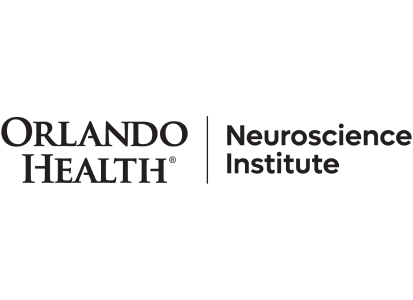Conditions and Treatments
Services and Treatments
A neuropsychological assessment is often used to assist physicians with diagnosis. In addition, the evaluation can help determine the extent of cognitive impairment associated with a neurological condition, monitor the course of disease progression, assess the degree of recovery from brain injury and evaluate the cognitive effects of various interventions (e.g., surgery or medication). The assessment can provide valuable information for rehabilitation management, including issues related to treatment, return to work and school and return to independent living.
The examination consists of a review of medical records, a clinical interview and “pencil-and-paper” testing. Testing includes standardized evaluation of cognitive skills, including attention, memory, intelligence, language, sensory-perceptual skills and reasoning capacity. Personality and emotional functioning are also assessed.
The amount of time required for an evaluation varies, depending on the problem being assessed. However, it usually takes several hours to complete everything that is necessary for a comprehensive neuropsychological evaluation. Appointments last at least three hours, but may involve up to eight hours of testing. Most people complete the evaluation on a single day, but occasionally it is necessary to return on a second day to finish the tests. After your evaluation, you are encouraged to return to discuss the results and recommendations in person. This second appointment generally takes an hour or less.
Conditions Treated
Orlando Health Neuroscience Institute Neuropsychology Group provides comprehensive neuropsychological assessments of adult patients suspected of having cognitive impairment associated with neurological conditions. Many different conditions can lead to changes in memory or thinking, which is why it is important to get an evaluation by medical professionals who are specially trained in neuropsychology.
Neuropsychological evaluations are used to diagnose and determine the extent of neurocognitive deficits in patients with dementia, cerebrovascular conditions, brain tumor/cancer, epilepsy, multiple sclerosis, Parkinson’s disease or other movement disorders, hydrocephalus, traumatic brain injury, and other conditions that may affect cognitive function. Neuropsychologists are specially trained to evaluate memory and thinking problems in those affected by injury to any part of the brain. We also have neuropsychologists who have expertise in memory and thinking problems that are more common in multiple sclerosis (MS). Patients with MS may be referred to a neuropsychologist to determine the severity of the memory problem and to identify any other possible sources of the memory problems, including dementia and other conditions.
Navigate Your Health


Find a Neuroscience Specialist
Find a Neuroscience Specialist
Meet our doctors who specialize in the full range of neuroscience care. Our team of experts has experience in a variety of specialty areas. Together, we provide comprehensive evaluation, diagnosis and treatment options.
Find a Doctor

Patient Portal
Patient Portal
If you are a patient at Orlando Health Heart & Vascular Institute, our free online patient portal provides an easy and secure way to manage your health information. Reach us from any location at a time that’s convenient for you.
Learn More

Virtual Visit
Virtual Visit
Need to talk with a doctor, but don’t want to leave your home? Try our virtual visit (telehealth) option to connect with a physician from your phone, tablet or computer.
Learn More
